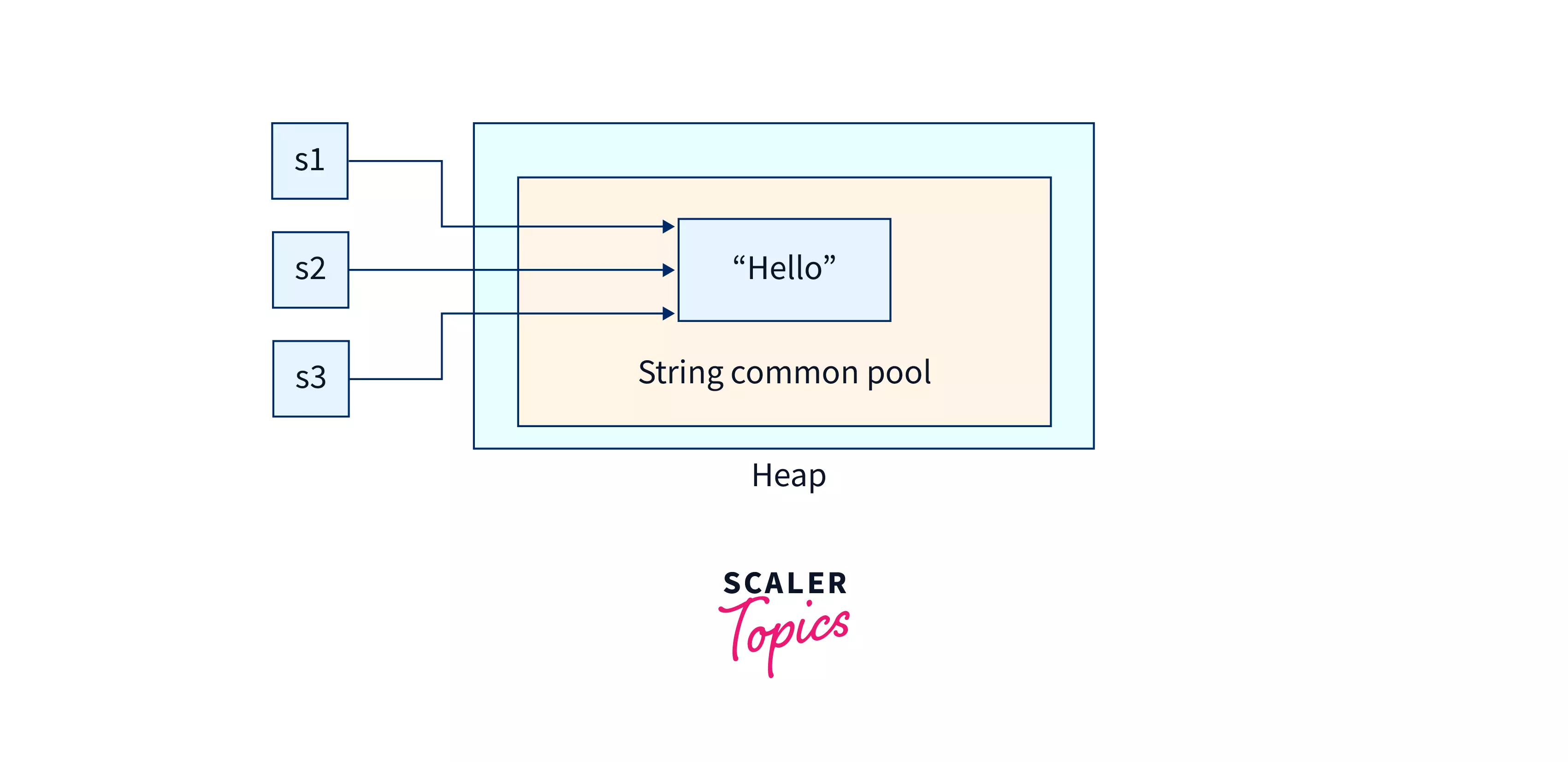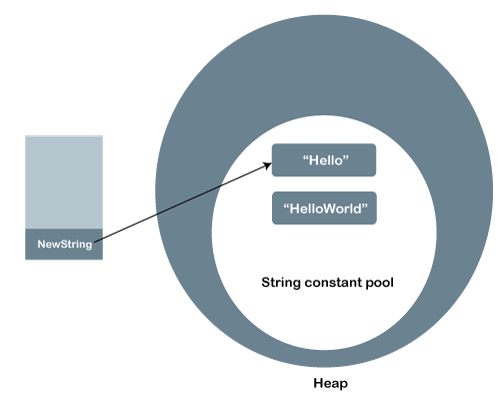What Is Unalterable Strings and Just How It Works
In the world of shows, comprehending the idea of immutable strings is paramount for creating durable and safe and secure applications. Immutable strings refer to strings that can not be altered after they are developed, making certain information honesty and predictability within the code.
The Essentials of Immutable Strings
Unalterable strings, as a basic concept in shows, are character sequences that can not be transformed as soon as they are developed. This indicates that when a string is designated a worth, that value can not be altered. In languages like Python and Java, strings are immutable items, resulting in different implications in regards to memory management and information stability.
One of the crucial advantages of immutable strings is that they give a complacency in data control. Because the material of an immutable string can not be customized, it makes certain that the original data continues to be undamaged, minimizing the risk of unintentional changes during program implementation (Why are strings immutable in Java?). This residential property also streamlines debugging procedures, as designers can rely on that when a string is defined, its worth will not be unintentionally modified
In addition, unalterable strings help with efficient memory usage. When a brand-new string is created based upon an existing one, as opposed to changing the initial string, the brand-new worth is kept individually. This technique enhances efficiency by reducing memory fragmentation and streamlining memory appropriation processes. In general, recognizing the essentials of unalterable strings is critical for grasping programs concepts and enhancing code efficiency.
Advantages of Immutable Strings
Structure upon the safety and security and efficiency benefits of unalterable strings, their benefits reach improving code integrity and streamlining simultaneous programming tasks. By being unalterable, strings can not be modified after production, which eliminates the threat of unexpected adjustments in the information they save. This fundamental immutability makes certain that as soon as a string is created, its worth continues to be consistent throughout the program's execution, reducing the possibilities of pests triggered by unanticipated changes.
In addition, immutable strings add to code reliability by making it easier to reason regarding the state of a program. Given that strings can not be changed, designers can rely on that a string will constantly hold the very same value, streamlining debugging and maintenance efforts. This predictability brings about a lot more steady and reputable codebases.

Implementation in Programs Languages
Within different programming languages, the consolidation of immutable strings is a basic aspect that affects just how data is dealt with and manipulated within code structures. The application of unalterable strings differs throughout different shows languages, with each language supplying its own systems to support this principle.

On the other hand, languages like C and C++ do not have integrated support for immutable strings. Developers in these languages have to by hand implement immutability by implementing regulations within their code to protect against direct alterations to string items.
Finest Practices for Dealing With Unalterable Strings
When taking care of immutable strings in programming languages like Java and Python, adhering to best practices ensures efficient and protected data control. One of the crucial finest practices is to make use of StringBuilder or StringBuffer as opposed to straight controling strings, especially when managing substantial concatenation procedures. These classes provide mutable options for string adjustment, helping this content to avoid unneeded memory allotments and improving efficiency.
One more finest technique is to utilize string interpolation or formatting operates provided by the language rather than hand-operated concatenation. This not just enhances readability however also help in preventing usual risks such as unintentional string adjustments. Furthermore, when collaborating with sensitive data such as passwords or API tricks, it is crucial to stay clear of saving them as plain message in unalterable strings. Utilizing protected storage space mechanisms like char selections or specialized collections for handling sensitive info assists mitigate security risks connected with unalterable strings.
Real-world Applications and Instances
Discovering practical applications of unalterable strings in various industries exposes their substantial influence on information integrity and system dependability. In the health care industry, immutable strings play an important duty in making certain the safety and discretion of patient data. By preventing unapproved modifications to sensitive details such as clinical records and prescriptions, unalterable strings aid preserve compliance with stringent personal use this link privacy laws like HIPAA.
Financial institutions likewise take advantage of the unalterable nature of strings to improve the safety and security of consumer data and transaction records. Immutable strings aid prevent fraud and unauthorized modifications to financial details, giving a robust protection against cyber dangers and guaranteeing the trust fund and self-confidence of customers.

Conclusion
Best practices for functioning with unalterable strings consist of avoiding direct adjustments and using methods that return brand-new string things. Real-world applications of immutable strings consist of data encryption, caching, and string control tasks.
Unalterable strings refer to strings that can not be changed after they are created, ensuring data integrity and predictability my link within the code. When a brand-new string is produced based on an existing one, rather than customizing the original string, the new worth is stored separately.In languages like Java and Python, strings are immutable by default, indicating that when a string item is created, its worth can not be transformed - Why are strings immutable in Java?. Finest techniques for working with unalterable strings include preventing direct adjustments and making use of techniques that return new string objects. Real-world applications of immutable strings consist of information encryption, caching, and string adjustment jobs